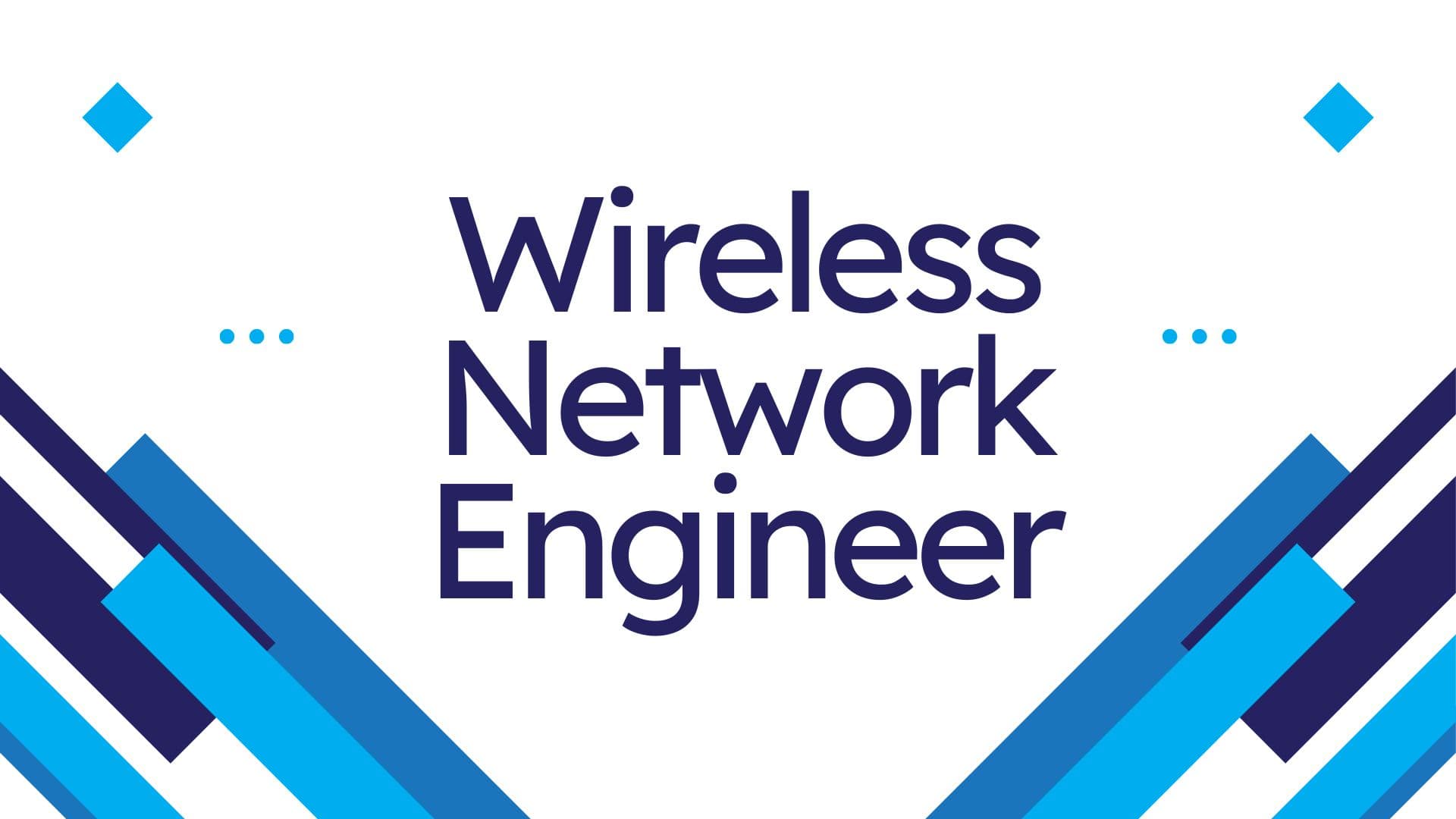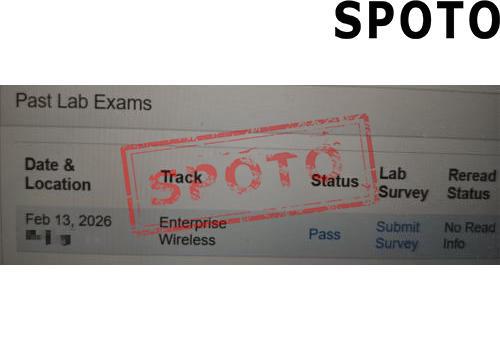
Table of Contents
Wireless network engineers are responsible for designing, building, maintaining and optimizing wireless networks and wireless network infrastructure for an enterprise or organization, and for resolving wireless network problems that may arise and have already occurred.This article will explore career opportunities for Wireless Network Engineers, including salary and career prospects.
1. What is a Wireless Network Engineer ?
Wireless network engineers are responsible for designing, building, maintaining and optimizing wireless networks and wireless network infrastructure for an enterprise or organization, and for resolving wireless network problems that may arise and have already occurred.
2. What does a Wireless Network Engineer do?
Wireless network engineers are responsible for designing, deploying, managing, and optimizing wireless network systems to ensure efficient, secure, and stable network operation. First, they use a variety of tools and techniques, such as network performance indicators, network scanning tools, SNMP, traffic analyzers, packet sniffers, and wireless site surveys to test, evaluate, and troubleshoot network problems, and model network designs through simulations before deployment. Second, wireless network engineers need to work closely with vendors, enterprise managers, and other network engineers to participate in the planning and improvement of the network from project initiation to implementation to ensure that the business needs of customers are met. Third, they are also responsible for configuring and managing various network devices, such as routers, switches, and firewall devices (such as Palo Alto, Juniper, and Cisco ASA). In addition, engineers also need to have RF (radio frequency) link design and verification capabilities, be able to support the construction and optimization of WLAN and other wireless networks, and test and tune network equipment to achieve real-time monitoring and optimization of network performance. In addition, they are also required to write technical documentation, train other employees, and develop data backup and recovery strategies to ensure data integrity and reliability.
3. Career Insights: Salary, Outlook & Related Roles
(1) Wireless Network Engineer Salary
According to data from the ZipRecruiter website on May 6, 2026, the average annual salary for wireless engineers in California is $127,815. About $61.45 per hour. This is equivalent to $2,457 per week or $10,651 per month. The highest annual salary is $245,740 and the lowest is $72,044, but most wireless engineers currently earn between $101,700 and $132,700, with the highest earners earning $177,149 per year in California.
(2) Job Outlook of Wireless Network Engineer
The job outlook for wireless network engineers is generally optimistic, with strong employment prospects. According to the U.S. Bureau of Labor Statistics, employment for this position is expected to grow 5% between 2019 and 2029, which is faster than the average for most occupations. As wireless technology becomes more popular and companies become more dependent on mobile devices and cloud computing, the demand for wireless network engineers is steadily increasing to support the planning, deployment, and maintenance of these systems.
(3) Similar Occupations
- Network Engineer
- Network Administrator
- Wireless Communications Engineer
- Systems Engineer
- Telecommunications Engineer
- Radio Frequency (RF) Engineer
- Cloud Network Engineer
- Cybersecurity Engineer
4. What Are the Qualifications to Become a Wireless Network Engineer?
(1) Obtain a Bachelor's Degree
Wireless Network Engineer should have at least a bachelor's degree in IT or Electrical Engineering or another related field with similar skills and internship experience. Some companies prefer a master's degree in science.
(2) Develop professional skills
Wireless network engineers usually need to have a solid foundation in wireless network technology, including an in-depth understanding of radio frequency (RF), digital communication systems, antenna design, and signal propagation principles, and the ability to use programming languages such as C/C++, Java, and MATLAB. In addition, they should be proficient in using wireless network troubleshooting tools such as spectrum analyzers and signal generators. Finally, wireless network engineers also need to have good analytical thinking, rigorous detail processing capabilities, and excellent problem-solving skills. At the same time, good teamwork skills are also an indispensable quality for them in cross-departmental collaboration.
(3) Earn Industry Certifications
When applying for Wireless Network Engineer positions, it is helpful to obtain certain certifications as they can help you develop the key skills and knowledge required for the position and make your resume more noticeable to employers.Some employers prefer to hire candidates with experience in sales or a related technical field, such as computer science.CCIE Enterprise Wireless certification validates your knowledge of planning, designing, implementing, operating, and optimizing complex enterprise wireless networks. Earn the Cisco Certified Internetwork Expert (CCIE) Enterprise Wireless certification to help you become a Wireless Network Engineer.
5. Summarize
Wireless network engineers are responsible for designing, building, maintaining and optimizing wireless networks and wireless network infrastructure for an enterprise or organization, and for resolving wireless network problems that may arise and have already occurred.They should have at least a bachelor's degree in IT or Electrical Engineering or another related field with similar skills and internship experience. Some companies prefer a master's degree in science. At the same time, it is also extremely important to have corresponding professional skills certification and practical experience, such as internship experience and CCIE Enterprise Wireless certification certification.










